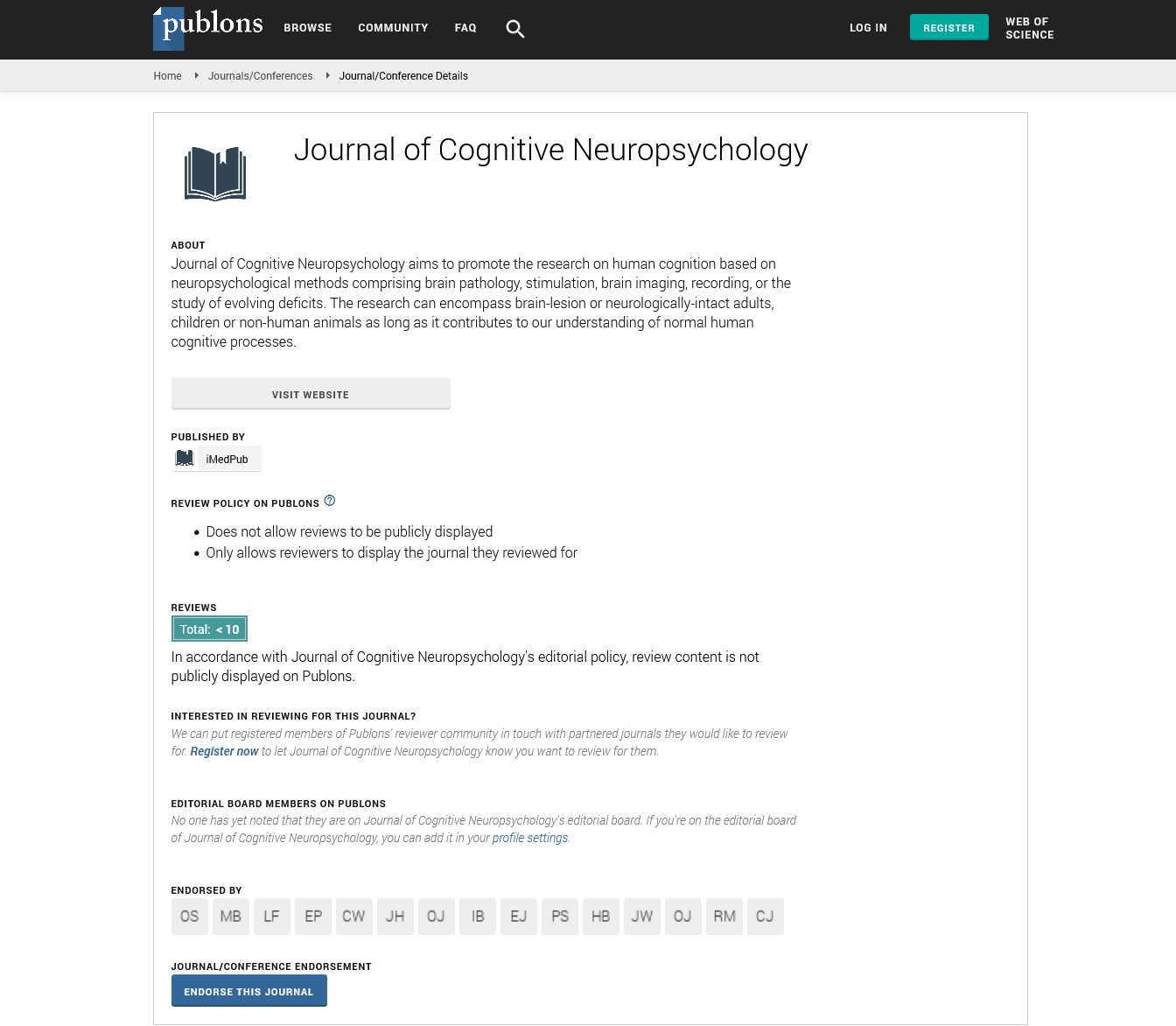CONCEPT, CLINICAL REASONING AND SCIENTIFIC EVIDENCE OF INTENSIVE THERAPY IN NEUROREHABILITATION
World Congress on Neurorehabilitation
July 05-06 2021 | Webinar
DUVIGNAU GRANDJEAN Remi
European Neuroscience Center, Madrid, SPAIN
ScientificTracks Abstracts: J Cog Neu
Abstract
Paradigms in neurorehabilitation, and different systems of thought that have predominated in last few years in neurology, lead us to the recent era where research proposes Intensive Therapy as a new treatment concept. This rehabilitation protocol, with a strong neurological focus by neuroplasticity, is characterised by the use of various re-education techniques and the combination of their advantages, thus explaining the great therapeutic potential of the latter. Indeed, originating from the bases of Constraint Induced Movement Therapy as well as Forced Use, this model establishes a therapeutic progression evidenced in a series of phases which objectives are clearly defined. Each of these steps contributes to improve on one or more specific aspects of motor control recovery, to achieve function and then participation, putting forward some key parameters to achieve them. Thus, the dose increase in hours or intrinsic exercise intensity, objectification of the measurements with the International Classification of Functioning or the use of clinically evidenced protocols were revealed as fundamental in obtaining significant results in the recovery of patients and their quality of life. Finally, resources such as the use of robotics and new technologies, the transfer package, active work and feedback were highlighted for their effectiveness and achievements in rehabilitation protocols. The relevance of the “multi-technical” approach and Intensive Therapy is therefore understandable, as they are currently the neurorehabilitation procedures with most scientific evidence.
Google Scholar citation report
Citations : 8
Journal of Cognitive Neuropsychology received 8 citations as per Google Scholar report
Journal of Cognitive Neuropsychology peer review process verified at publons
Abstracted/Indexed in
- Google Scholar
- Publons
- MIAR
Open Access Journals
- Aquaculture & Veterinary Science
- Chemistry & Chemical Sciences
- Clinical Sciences
- Engineering
- General Science
- Genetics & Molecular Biology
- Health Care & Nursing
- Immunology & Microbiology
- Materials Science
- Mathematics & Physics
- Medical Sciences
- Neurology & Psychiatry
- Oncology & Cancer Science
- Pharmaceutical Sciences
